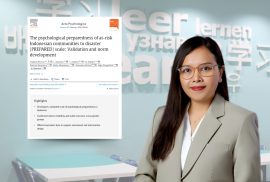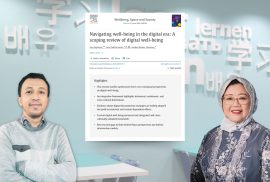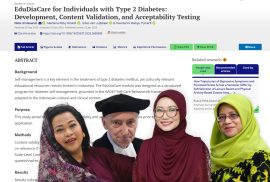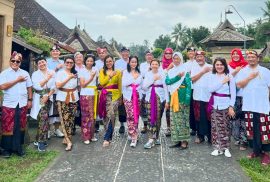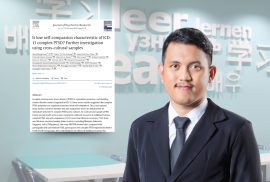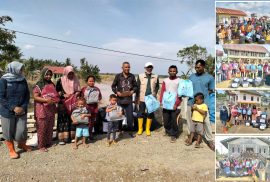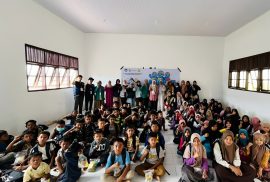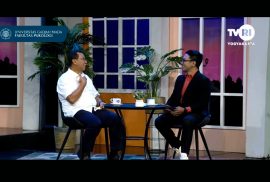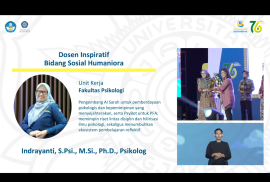The PREPARED Scale: Measuring the Psychological Preparedness of Indonesian Communities for Disasters
Yogyakarta, 3 February 2026 – A study entitled “The psychological preparedness of at-risk Indonesian communities to disaster (PREPARED) scale: Validation and norm development,” authored by Pradytia Putri Pertiwi et al. and published in Acta Psychologica (Vol. 262), provides an important contribution to the measurement of psychological preparedness for disasters among Indonesian communities. To date, disaster preparedness initiatives in Indonesia have largely emphasized physical and material aspects, while the psychological dimension has received relatively little attention, despite evidence showing that psychological preparedness is associated with better stress management and a reduced risk of post-disaster mental health problems.

